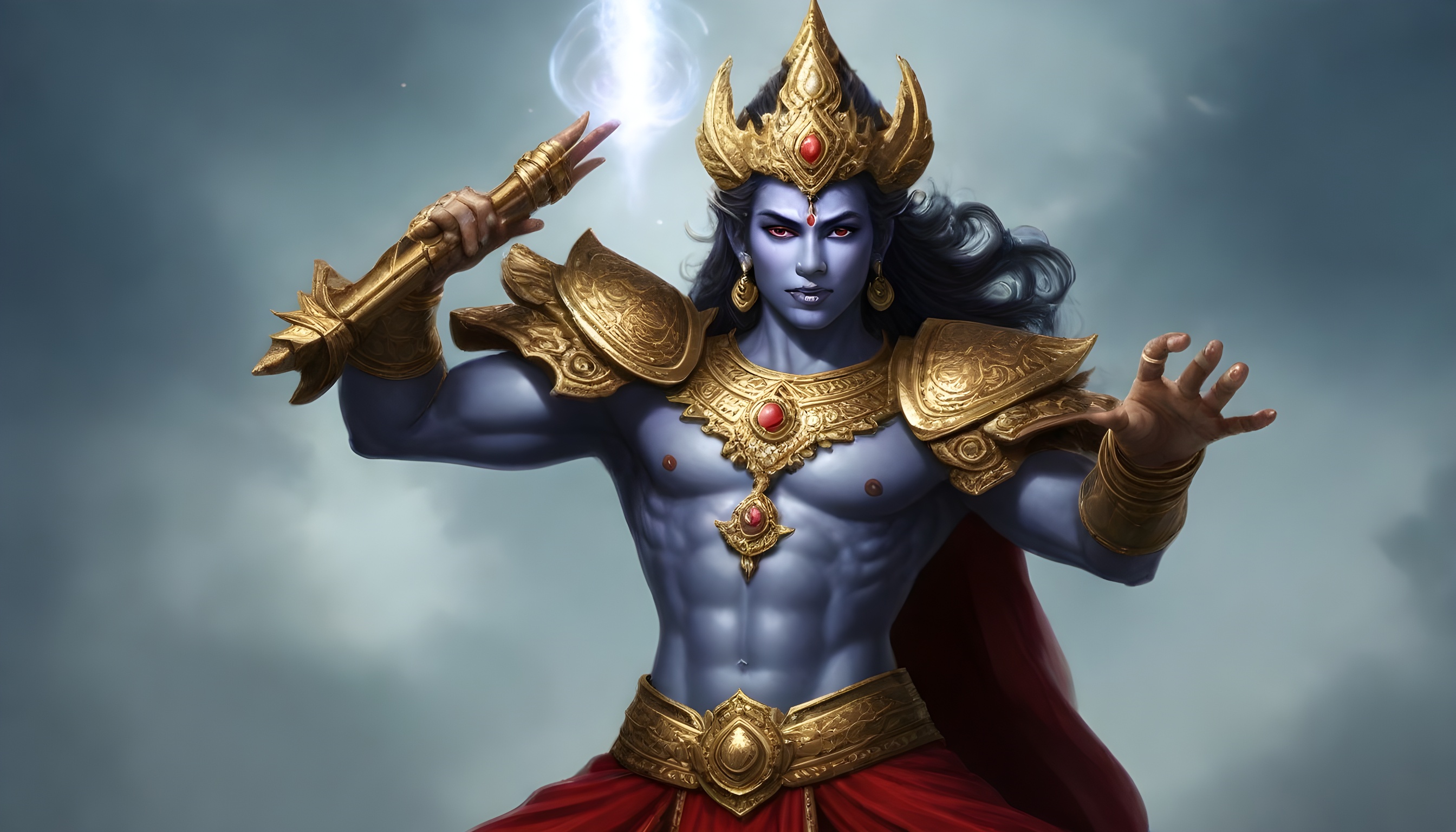I live in Canada and the shows I see on my TV are mostly Canadian or American. There aren't a lot of shows on my TV centred on Asian families, and I understand why. But there's something I don't understand: Why are Asian characters always shown going to church?
Every time I see a show about Asian families, their involvement in a church seems to be prominent part of the show. I feel like I see Asian characters on TV attending church far more often than I see white characters attending church. I even see Asian characters attending church where it would make more sense for the characters to be Buddhist.
I'm going to go over a few examples. None of these examples are too odd by themselves, but as a pattern, I find it curious and I'm wondering what's going on.
Kim's Convenience
Kim's Convenience is a Canadian show about a Korean-Canadian family. It's notable for launching Simu Liu's career. The family attend a Presbyterian church and their pastor is a recurring character on the show.
The show is based on a play by Ins Choi, and he's a Christian (his father was a pastor), so I guess this isn't too surprising.
Fresh off the Boat
Fresh off the Boat is an American show about a Taiwanese-American family. It's supposedly based on the memoirs of celebrity chef Eddie Huang.
In one episode, the lead character Eddie decides to start attending church and become a Christian, to the chagrin of his mother. (In this episode, it is mentioned that the family are lapsed Buddhists, which never comes up again.)
It has been pointed out to me that the real-life Eddie Huang is Buddhist (he invokes Amitabha in his cooking show), so I find it odd that the show so explicitly makes him Christian.
Beef
Man, what a great show Beef is. Go watch it if you haven't yet. (It's on Netflix.) Beef centres on the conflict between two Asian-American characters, Danny and Amy. Danny is Korean. Amy is half-Chinese and half-Vietnamese (like Ali Wong, who plays her), and her husband is Japanese-American.
Danny's involvement with his Christian church is a significant part of his story, spanning several episodes.
In contrast, there is one single line in the whole show that suggests Amy and her husband might be Buddhist.
American Born Chinese
American Born Chinese is another show that I love. (It's on Disney Plus. Go watch it.) Loosely based on a graphic novel by Gene Luen Yang, it's about a Chinese-American teenager named Jin who gets caught up in a quest for a magical scroll involving various characters from Chinese folklore.
One of the characters in the show is Guanyin, the Buddhist Bodhisattva of Great Compassion, played by Michelle Yeoh. (Though the Chinese dialogue refers to her as a Bodhisattva, the English subtitles somewhat inaccurately use the term "Goddess".) Clearly, in the world of American Born Chinese, Buddhism is unambiguously real.
Despite that, Jin's family are Christian, and his mother is shown participating in activities at their Christian church (a detail that does not come from the graphic novel).
Crazy Rich Asians
Okay, this one is a movie, not a TV show. But still, it's one of the few products of Hollywood centred on Asian families. Based on a novel by Kevin Kwan, Crazy Rich Asians is about a Chinese-American woman who is surprised to learn that her fiancé is from one of the richest families in Singapore.
In one scene, her fiancé's mother (another appearance by Michelle Yeoh) is shown participating in a Bible Study Group. Now, that detail comes from the novel, so I guess it's not too odd. But I didn't think it contributed much to the movie, and I do wonder why it was included.
Now, I do know of counter-examples, where Asian families are not portrayed as Christian, but not many. If we go back 30 years, the Souphanousinphone family on King of the Hill (the Laotian neighbours of the main characters) are Buddhist. Someone told me that the Chinese-American family on the Netflix kung-fu show Wu Assassins are apparently Buddhist, but it's not particularly explicit. And those are the only examples I know of.
So, I'm not just imagining this, am I? This is a pattern, right?
What's going on? Is there some imperative to portray Asian characters as Christian? Or is it an aversion to portraying Buddhism?

PEI should be grateful for this. They don't have much else going on apart from potatoes and Anne of Green Gables tourism.